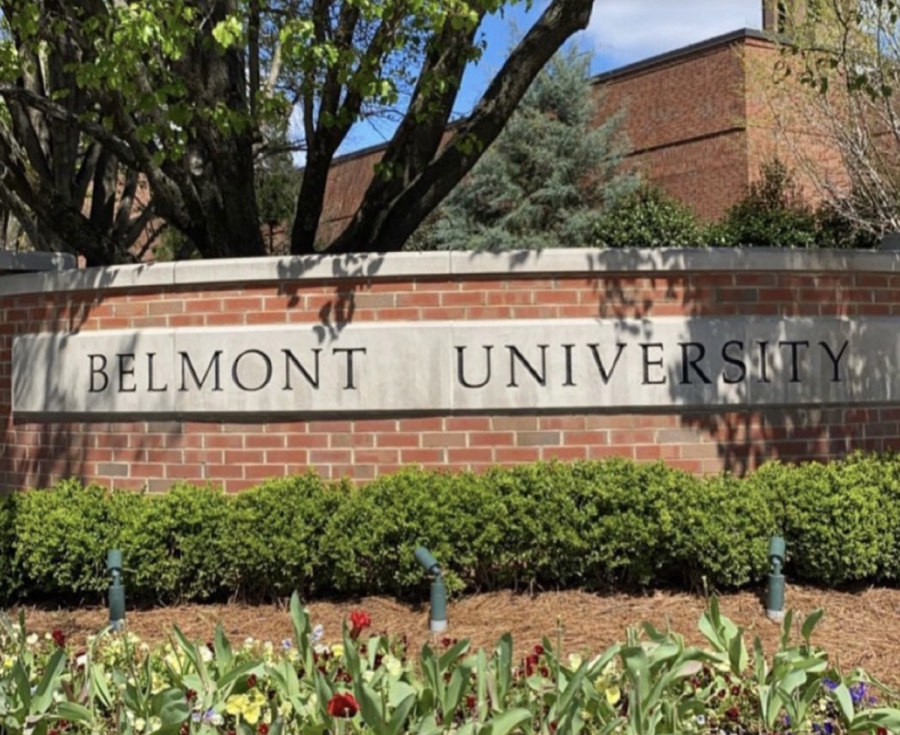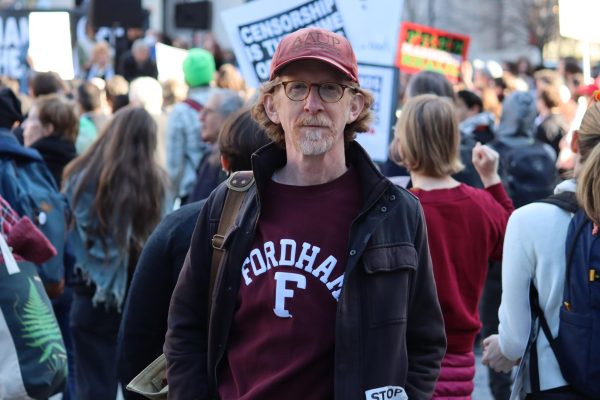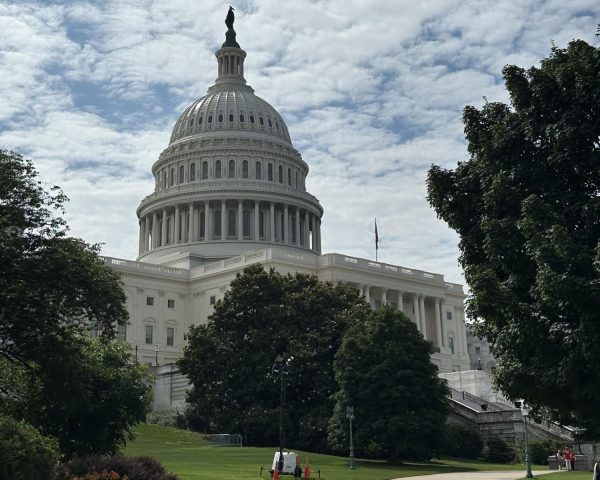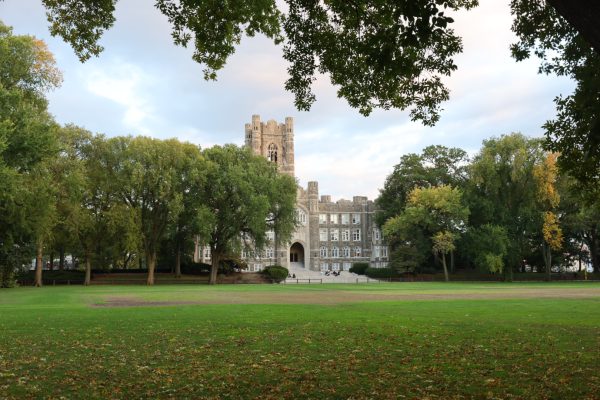Fordham Prioritizes Religious Diversity
Belmont University, a strictly Chrisitian university in Nashville, Tenn., recently made the decision to hire Jewish professors though they had only hired Christian faculty in the past. According to an article from Inside Higher Ed, the decision was made due to the increasing religious diversity among Belmont’s student population: “The university enrolled 8,910 students total this fall, including 77 Jewish students, 69 Muslim students, 13 Hindu students, 29 Buddhist students and 636 students with no religious affiliation.”
Since Belmont had begun to see a rise in the diversity of its student population, it has begun to change with the times. According to Inside Higher Ed, “Belmont has increasingly invested in programming focused on Jewish-Christian relations in recent years, including an ongoing weekly online dialogue group for clergy and lay leaders launched in spring 2020 by local rabbi Mark Schiftan and Jon Roebuck, who directs Belmont’s Reverend Charlie Curb Center for Faith Leadership.”
Just like Belmont, Fordham University also used to restrict itself to hiring Jesuits to the faculty. There is an indication that they may hire more in the future. According to the Fordham webpage, the administration at Fordham said they believe that it is unlikely the majority of Fordham’s workforce will be made up of Jesuits again. However, it’s acknowledged that there are still a small number of qualified Jesuits who are looking for job opportunities as educators and researchers, and also for ways to specifically support the mission and identity of institutions like Fordham.
The webpage further suggests that Fordham still prioritizes the hiring of Jesuits to the faculty because “at any point, the number of Jesuits finishing terminal degrees or otherwise prepared to enter an academic position at Fordham is not large. Yet those who are so prepared stand to make an important contribution to our shared purpose and to give unique witness to the kind of educational values Fordham has long embraced. For this reason, the recruitment and hiring of highly qualified Jesuits is considered an institutional priority.”
With Fordham’s policies, it raises the question of whether the preference for Jesuits in the hiring process is adhering to the universal values that Fordham aims to promote or whether this preference is creating a Christian environment for students of other faiths or students who prefer a more secular education.
Multiple Fordham students shared how they felt about religious diversity at Fordham. Shravani Subhedar, GSB ’25, felt like Fordham’s teachings did not have a bias. “From my personal experience, I think most of Fordham’s teachings do not have any religious undertones, so I would say it definitely depends on the class,” said Subhedar.
Similarly, Sanaz Sadeghi, FCRH ’25, said, “I personally don’t feel the classes I have taken at Fordham had a religious undertone. I mostly have experience with science classes that are less likely to involve religion, but I had a similar feeling in my core classes. Religion definitely comes up but I don’t think it’s overbearing.”
However, Subhedar did think that there are some disadvantages to having a nonreligious background. “In some senses yes, as they naturally lack some of the knowledge that their religious peers might possess,” Subhedar said, “but overall I don’t think it’s a huge disadvantage that might have a substantial impact on their performance in the course. In my experience, my theology professor freshman year approached the course from a scientific perspective as opposed to a religious one, which made it easier for people of different faiths to grasp the concepts taught in class.”
“It definitely depends on the class,” Sadeghi said. “I’m taking a class that focuses on Christian and Jewish scripture, and I’m less knowledgeable about those religions than Islam but the professor has been good so far in helping to give us more background info. As a Jesuit school, I think it’s hard to equally promote other religions. From what I’ve heard Fordham does try to be inclusive, but I think it’s something that you have to seek out, and it could be further promoted.”











































































































































































































